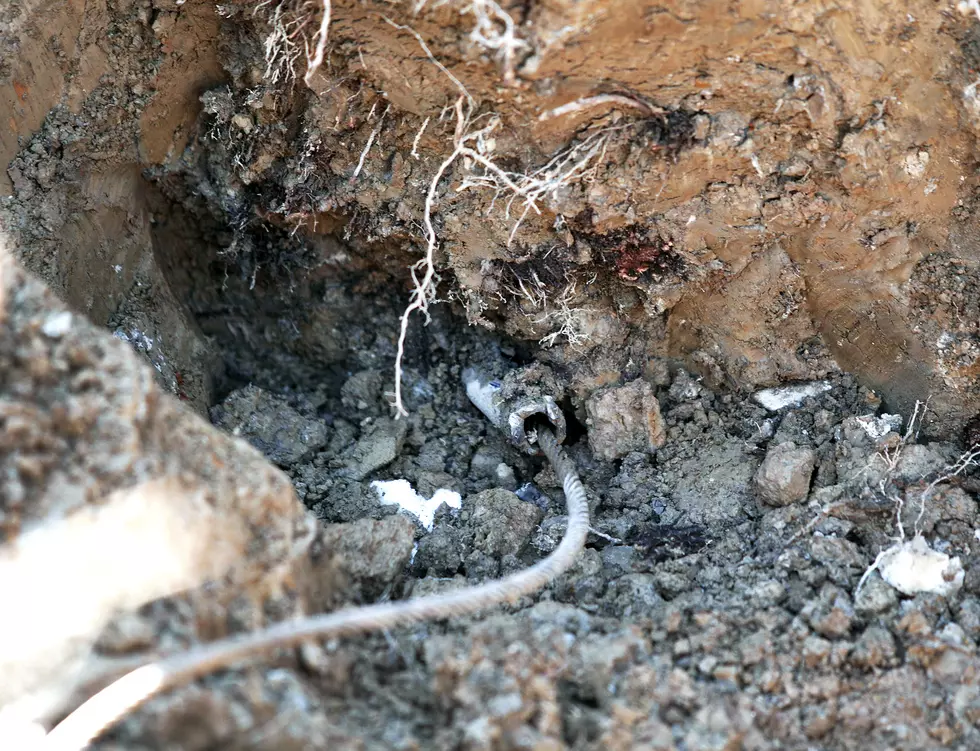
$30 million for Flint water bills as officials seek answers
The Michigan Senate acted quickly Tuesday to finalize legislation authorizing $30 million in supplemental aid to help pay Flint residents' water bills, as lawmakers and public officials scramble to try to fix the lead-contaminated water supply.
Senators voted unanimously to send the measure to Gov. Rick Snyder a day after a University of Michigan Flint professor said the city has more than 8,000 old lead pipes running from water mains to homes and businesses. Flint's mayor plans to use that estimate to replace the lead service lines leading from city water mains in the street to homes, even as Snyder's administration plans to use estimates from a Flint-based engineering firm.
Snyder called the Legislature's approval of the $30 million aid a "testament to the state's continued commitment to helping during this crisis."
The plan will pay for 65 percent of the water portion of Flint residents' bills. That includes water used for drinking, cooking or bathing, according to Snyder's office. Residents will still have to foot the sewage portion of their water bills after the Republican-controlled Legislature shot down Democrats' efforts to double the aid to cover people's entire water bills.
Snyder said the latest approved aid brings the total emergency state funding for Flint to $70 million. He also approved $500,000 for Rowe Professional Services to help locate pipes, welcoming U-M Flint's research, but calling the paper records it's based on "not the most reliable."
The governor's office estimates there are at least 5,200 lead lines split among 55,000 properties, though another 10,000 pipes are unknown and will need to be individually inspected. Another 15,000 connect to vacant properties.
Meanwhile, lawmakers also announced the formation of a joint oversight committee to review findings and take testimony on the mistakes that led to the water crisis. Panel members say it also will also examine possible policy actions to prevent similar events elsewhere.
The new committee comes as officials from the Michigan Attorney General's office and the governor's office pursue separate investigations alongside ongoing federal investigations.
Sen. Jim Stamas, R-Midland, who will lead the panel, says it is not an investigatory unit, and will likely not need subpoena power. But Sen. Jim Ananich, D-Flint, one of the vice-chairs, openly calls it an oversight effort and an investigation. "Hopefully we can get to the bottom of what happened so we can make good policy decisions to make sure this never happens again," Ananich said, who has called for a separate legislative task force to look into the Flint crisis for months.
In addition to the other investigations, health officials are looking into the rashes reported by Flint residents. Dr. Eden Wells, the state's chief medical executive, said officials hope the federal team's work helps address concerns related to the rashes or other skin issues.
Rashes were just one of the health concerns residents complained about after the switch in April 2014 from the Detroit water system to using the Flint River as the city's drinking water source. The decision to not apply corrosion control -- now seen as a critical mistake -- allowed lead to be scraped from aging pipes into drinking water.
(Copyright 2016 The Associated Press. All rights reserved. This material may not be published, broadcast, rewritten or redistributed.)
More From New Jersey 101.5 FM









